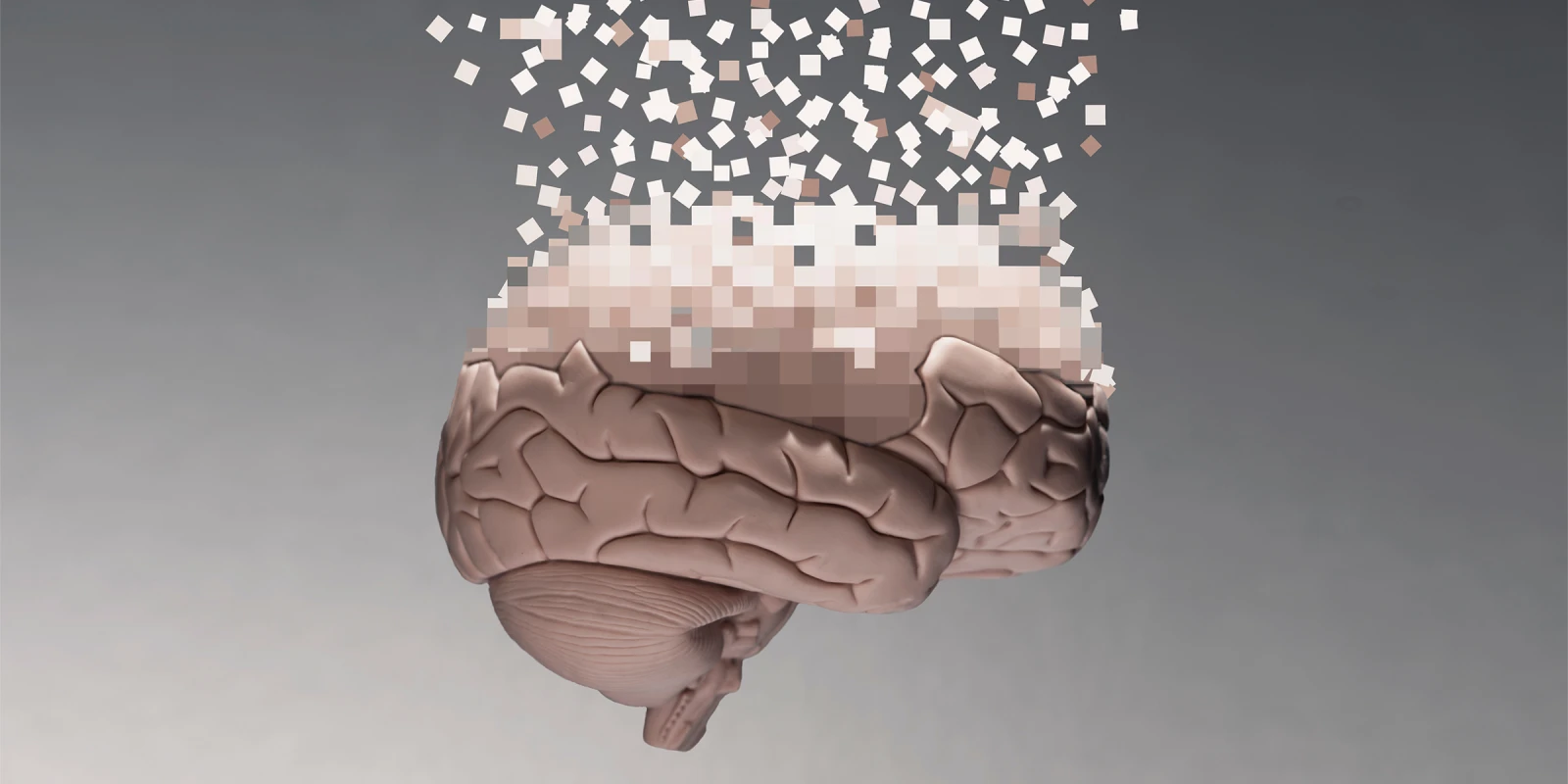Victor Ekuta is a 2020–2021 Doximity Research Review Fellow. Nothing in this article is intended nor implied to constitute professional medical advice or endorsement. The views expressed in this article are those of the author and do not necessarily reflect the views/position of Doximity.
In a 1993 editorial, Dr. Camilo Gomez coined the infamous phrase, “time is brain.” In the piece, Dr. Gomez wrote that when it comes to the importance of early intervention in preserving brain health, “[u]nquestionably, the longer therapy is delayed, the lesser the chance that it will be successful.” A recent study published in JAMA Neurology suggests that when it comes to dementia, racial and ethnic minority groups are at a disadvantage due to a lag in timely diagnosis.
Tsoy and colleagues analyzed the relationship between race/ethnicity and the timeliness and comprehensiveness of dementia diagnosis using claims filed by 10,472 California Medicare fee-for-service beneficiaries. In order to evaluate the timeliness of a diagnosis, the researchers considered whether a patient first received a diagnosis of incident mild cognitive impairment (MCI) instead of dementia. Strikingly, Tsoy et al. found that white beneficiaries were more likely to receive an incident MCI diagnosis (23.3%) than Asian (12.3%), Hispanic (15.8%), and Black (18.2%) beneficiaries. Additionally, Asian beneficiaries were less likely to receive a comprehensive diagnostic assessment than white beneficiaries.
The study’s findings highlight substantial disparities in the timeliness and comprehensiveness of dementia diagnoses. While additional research is needed to uncover the root cause of these disparities, the study nonetheless underscores the importance of mitigating efforts—e.g., recruiting diverse populations in dementia research, educating underserved communities on brain health, conducting research to address structural and systemic root causes of disparity, and training clinicians to better meet the needs of vulnerable communities. All of us have an essential role to play in the fight against dementia disparities.
With new disease-modifying therapies on the horizon that require early diagnosis, there is an ever more pressing need to address racial and ethnic inequities in dementia care. If time is brain, then the time is now to deploy public health interventions that prioritize brain health equity.
Victor Ekuta is an MD candidate at UC San Diego School of Medicine. He has previously served as a TEDMED Research Scholar and a Doris Duke Clinical Research Fellow, among many others. In the future, he plans to specialize in academic neurology as a physician-scientist-advocate, employing novel approaches to treat human brain disease, combat health disparities, and boost diversity in STEM.







